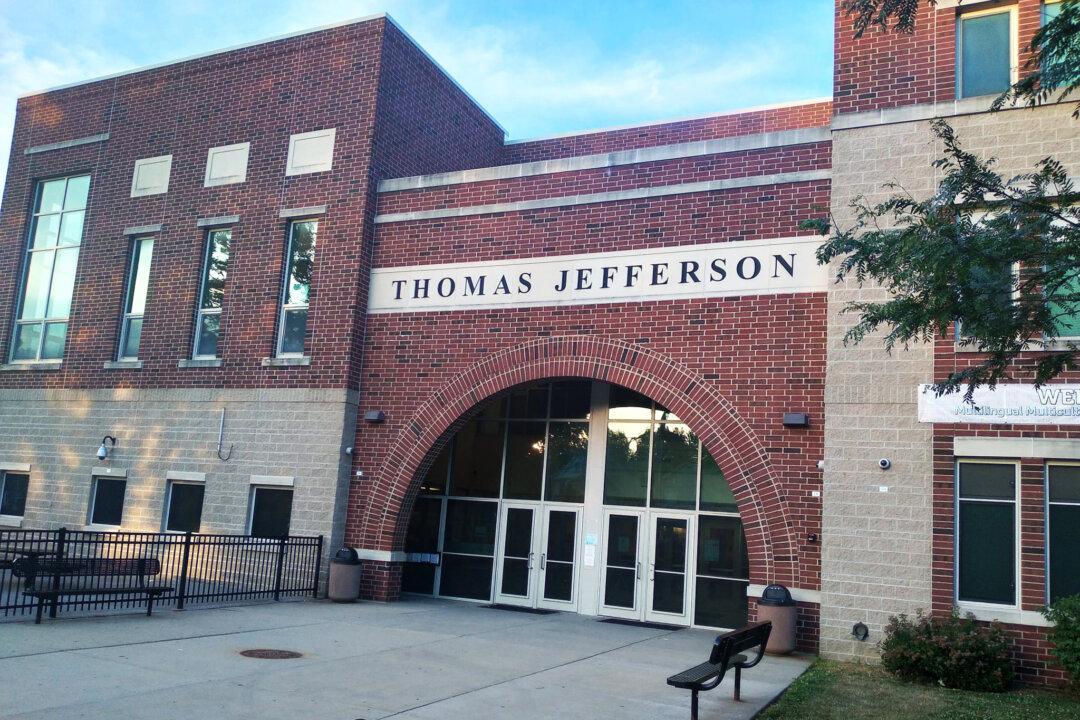The U.S. District Court of Southern Ohio currently will not intervene in the matter of the state’s redistricting commission’s ongoing dispute with the Ohio Supreme Court over proposed maps, according to information from the federal court.
Following a hearing on March 30, Judge Algenon Marbley’s said his court will take under advisement a request for an injunction against the redistricting maps leading up to the May 3 Primary Election in Ohio.




